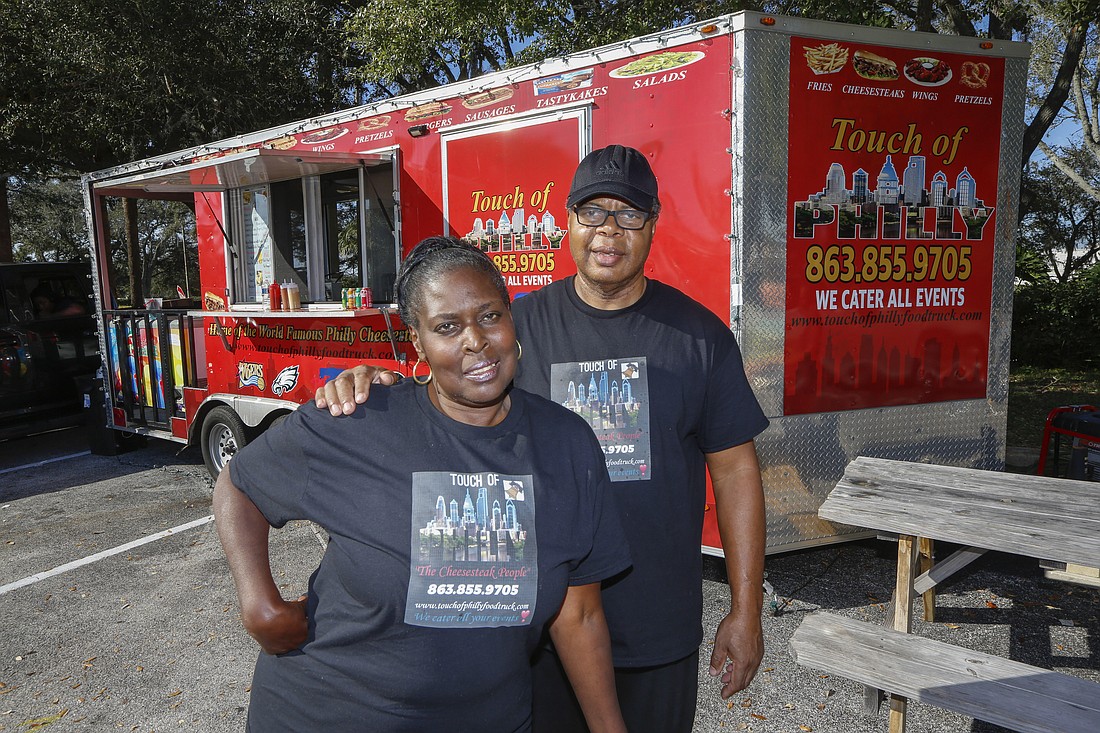- December 16, 2025
-
-
Loading

Loading

The food (truck) fight in one Polk County city is over — for now.
On Thursday night, the Haines City Commission withdrew a proposed ban on most food trucks, and also a draft of an alternative ordinance that would have placed numerous regulations on the mobile vendors. Haines City is about 60 miles east of Tampa.